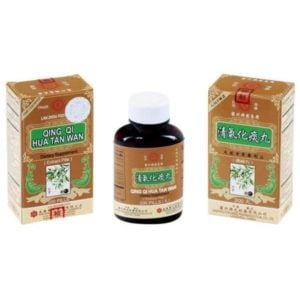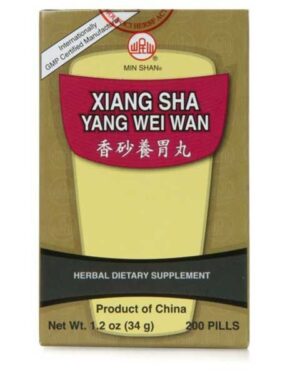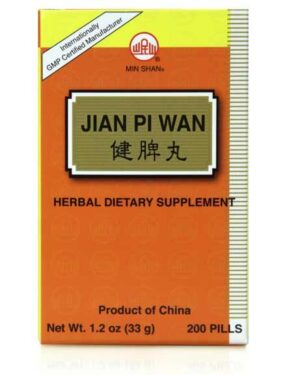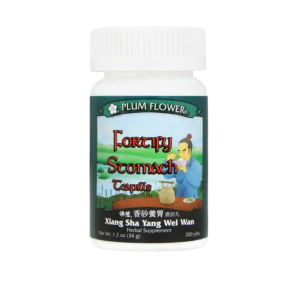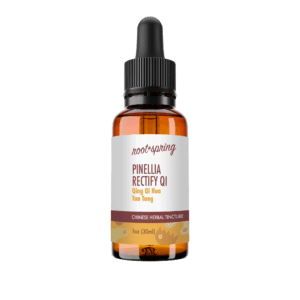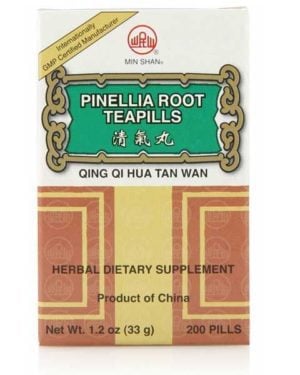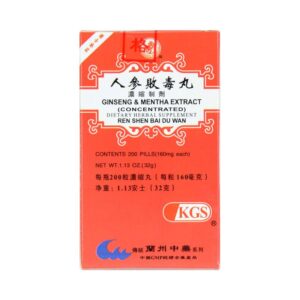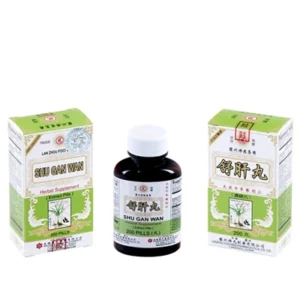Zhi Shi
English Name: immature bitter orange, immature sweet orange, aurantium immaturus
Pharmaceutical Name: Fructus Aurantii Immaturus
Medica Category: Qi-Regulating Herbs
Properties: Zhi Shi enters the Large Intestine, Spleen and Stomach channels; it is bitter and acrid in nature and cool in temperature.
What is Zhi Shi?:
The Chinese Herb Zhi Shi is the dried fruit of the immature bitter orange (Citrus Aurantium L.; and 2 others). Bitter oranges (grown throughout Asia) are smaller than “regular” oranges and are highly acidic—hence their bitter flavor. The fruits are picked before they fully mature, sliced, and dried for use as medicine.
Traditional Chinese Medicine (TCM) Therapeutic Actions of Zhi Shi:
Food stagnation can be a result of accumulated dampness and phlegm in the middle jiao. Over time this accumulated phlegm can beget qi stagnation which can manifest clinically with such symptoms as: abdominal distention, pain, and hardness, indigestion, belching with a foul odor, constipation, and rectal tenesmus. Zhi Shi resolves the accumulation of dampness and phlegm and breaks up the stagnated qi in the middle that can underlie food stagnation.
Persons experiencing abdominal distention and fullness and fatigue (specifically) right after meals may have a Spleen qi deficiency as the root cause of their phlegm accumulation/qi stagnation/food stagnation, in which case Zhi Shi is combined with herbs that tonify Spleen qi in order to restore balance.
Zhi Shi also dissolves phlegm and breaks up qi stagnation in the chest when the person is experiencing tightness and stifling sensations in this region accompanied by such symptoms as poor appetite, shortness of breath, and fatigue.
Zhi Shi relieves distention and hardness of the abdominal region caused by cholecystitis (inflammation of the Gall Bladder—as in the formula Xiao Chai Hu Tang).
**safety notes:
Zhi Shi should be used with caution during pregnancy.
Zhi Shi is highly acidic and so should be used with caution in persons with pre-existing gastric or duodenal ulcers.
Zhi Shi should be used with caution (i.e in formula with qi tonic herbs) in patients with Spleen and Stomach qi deficiencies.
Zhi Shi has a diuretic effect and should be used with caution/under supervision of a trained TCM practitioner when combined with pharmaceutical medications that have diuretic effects (such as chlorothiazide, hydrochlorothiazide, furosemide (Lasix), bumetanide (Bumex), and torsemide (Demadex)) to avoid potentially excessive loss of fluids and/or electrolytes.
Products Containing Tag: Zhi Shi – Immature Bitter Orange – Fructus Aurantii Immaturus
-
Solstice Medicines (Ci Brand) – Qing Qi Hua Tan Wan
Add to Cart$11.99
-
Qing Qi Hua Tan Tang (Pinellia Rectify Qi) – Liquid Extract (Tincture)
Add to CartStarting at $14.00
-
Min Shan – Pinellia Root Teapills (Qing Qi Hua Tan Wan)
Add to Cart$14.43
$19.00 -
Ren Shen Bai Du Wan (Ginseng and Mentha) – Lanzhou Traditional Herbs (KGS)
Add to CartStarting at $7.89

